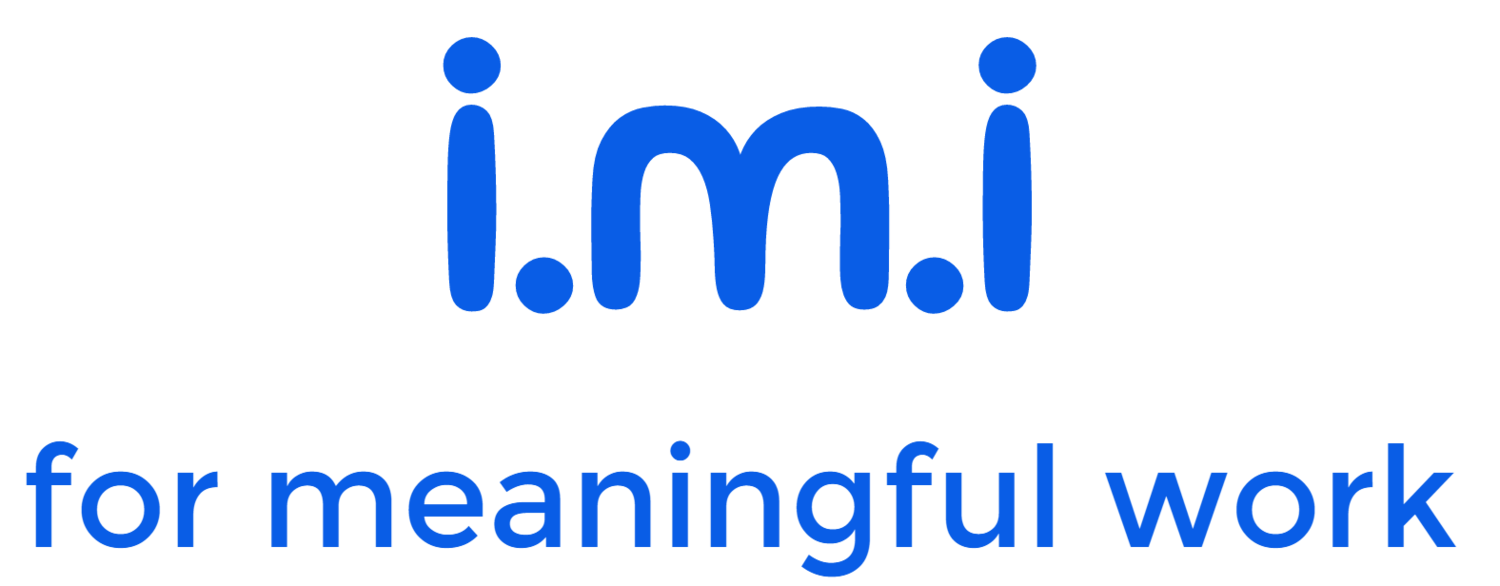CURRENT Meaning-of-Work Study
Shizuka Modica, PhD, ACC, is conducting a quantitative research project titled "Meaningful-of-Work Study." The purpose of the study was to understand better how people make (or do not make) meaning in their work. As meaningful work results in high performance, better understanding will help us organize our work more effectively and will have significant impact on how leaders manage their organizations. This study builds on the last year's study findings and is designed to develop and validate an instrument for the Meaning-of-Work Theory for High Performance. The study results will be presented at the 1st International Meaning Conference at the end of June in London, England. Please click here to participate in the study.
2016 MEANINGFUL WORK RESEARCH PROJECT
Shizuka Modica, PhD, ACC, conducted a mixed methods research project titled "Meaningful Work for High Performance." The purpose of the study was to understand better how people make (or do not make) meaning in their work. As meaningful work results in high performance, better understanding will help us organize our work more effectively and will have significant impact on how leaders manage their organizations. The study results were presented at the 9th International Meaning Conference at the end of July in Toronto, Canada. Please click here to download the presentation PowerPoint.
224 people participated in the study. Thank you very much for your time and insights. Special thanks also go to 25 participants who so willingly volunteered to be interviewed.
The primary findings are:
1. The Meaning-of-Work (MOW) Theory for High Performance can explain how we make meaning in our work.
2. The MOW Theory has explanatory power across gender, nationality, race/ethnicity, income, education, etc., and its survey items correlate well with items selected from other instruments such as the Work and Meaning Inventory (WAMI), Self-Determination Theory (SDT), Gallup's Q12, etc.
3. "Higher Purpose" is a subordinate variable to make meaning in our work.
Click here to download the presentation PowerPoint.
Click here to download study participants' demographics.

